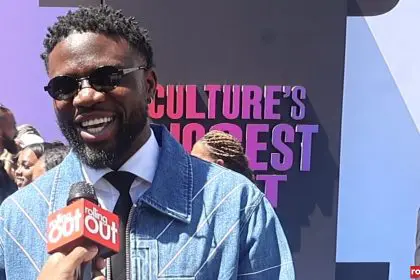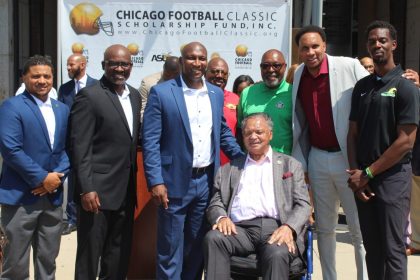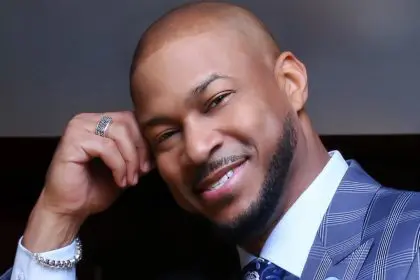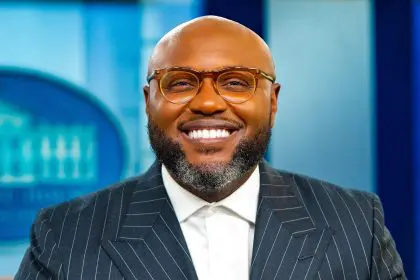In a riveting episode of Equity in Focus, hosted by Kevin E. Hooks, Yolanda W. Page, President of Stillman College, shares her profound insights on transformative leadership and the critical role of historically Black colleges and universities (HBCUs) in promoting equity in education. With over three decades dedicated to higher education, Page discusses her journey, the historical significance of Stillman College, and the innovative strategies being implemented to ensure success for their predominantly first-generation college students.
Growing up in Shreveport, Louisiana, Page was heavily influenced in her educational journey by her parents, who, despite their limited formal education, instilled in her and her siblings the critical value of learning. This foundational support ignited her passion for teaching and leadership, paving the way for her eventual role at Stillman College. Page’s personal experience as a first-generation college student deeply informs her commitment to accessible and equitable education.
Historical legacy and modern innovations at Stillman College
Stillman College, established in 1876 with ties to the Presbyterian Church, carries a significant legacy, being one of the few HBCUs founded post-Civil War. Page highlights the importance of preserving this rich history while steering the college toward modern educational demands. She speaks with pride about the college’s role in empowering African American students and the broader community through education, particularly emphasizing the institution’s supportive environment which nurtures students beyond academic achievements.
Under Page’s leadership, Stillman College has not only focused on academic excellence but also on creating an inclusive community that welcomes students from diverse backgrounds, including international students and those with disabilities. Initiatives like partnerships with local organizations support autistic students, showcasing Stillman’s commitment to a holistic educational approach that respects and celebrates diversity.
The conversation also touches on the challenges posed by the COVID-19 pandemic, which has had a lasting impact on students’ mental health and social interactions. Page discusses the need for continued support systems to help students cope with these changes. Additionally, the advent of artificial intelligence in education poses new challenges and opportunities, prompting Stillman College to adapt quickly to integrate these technologies beneficially.
Looking ahead, Page is optimistic about the future of Stillman College, with plans to expand its influence both locally and nationally. The introduction of initiatives like a cybersecurity clinic and partnerships with other HBCUs in Alabama exemplifies the forward-thinking approach necessary for enduring success. Her vision extends to transforming the college into a cradle-to-career institution, further enhancing its role in supporting community and economic development.
A call to action
Page’s passionate appeal to potential donors and supporters underlines the transformative impact that investing in education at HBCUs like Stillman can have, not just on individual students but on entire communities and future generations. She invites everyone to contribute, whether through financial support or active engagement, to continue the legacy of empowering through education.
The discussion with Page not only sheds light on the specific strides Stillman College is making under her leadership but also serves as a powerful reminder of the broader importance of HBCUs in the American educational landscape. As Hooks aptly summarizes, the journey towards educational equity is not just about upholding traditions but also about continuously pushing the boundaries to create inclusive, empowering educational environments.
This conversation between Hooks and Page is a testament to the dynamic role that educational leaders play in shaping a more equitable future, making it a must-read for anyone interested in the intersections of education, leadership, and social justice.
AI assisted in summarizing this episode of Equity in Focus.









